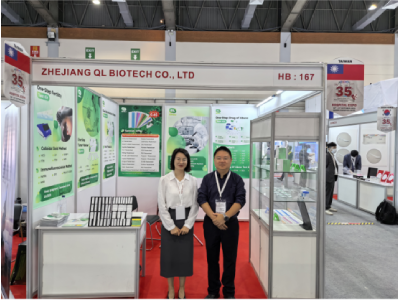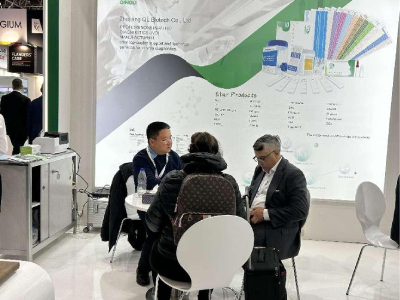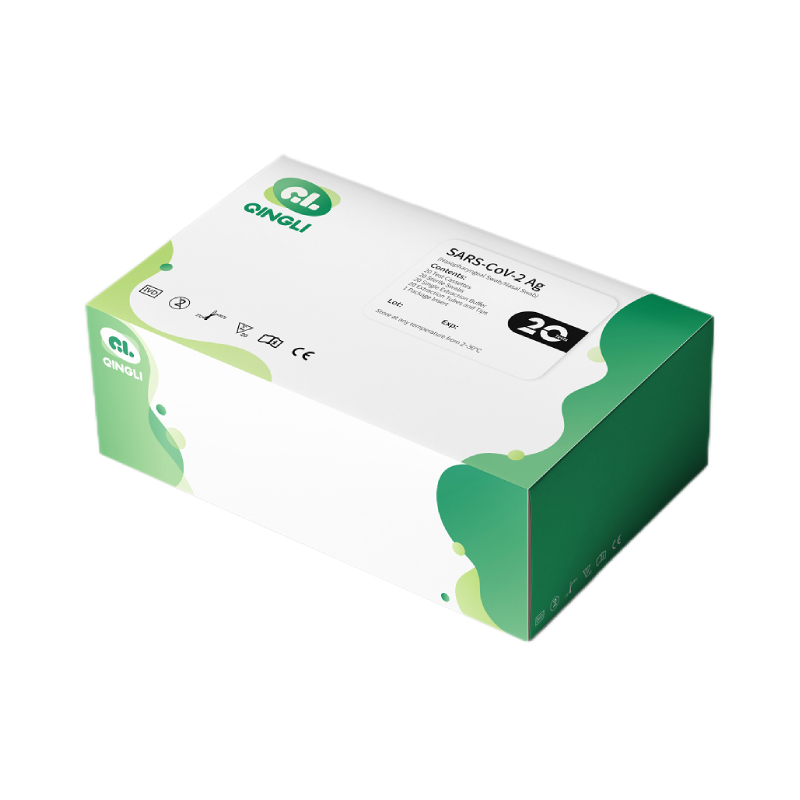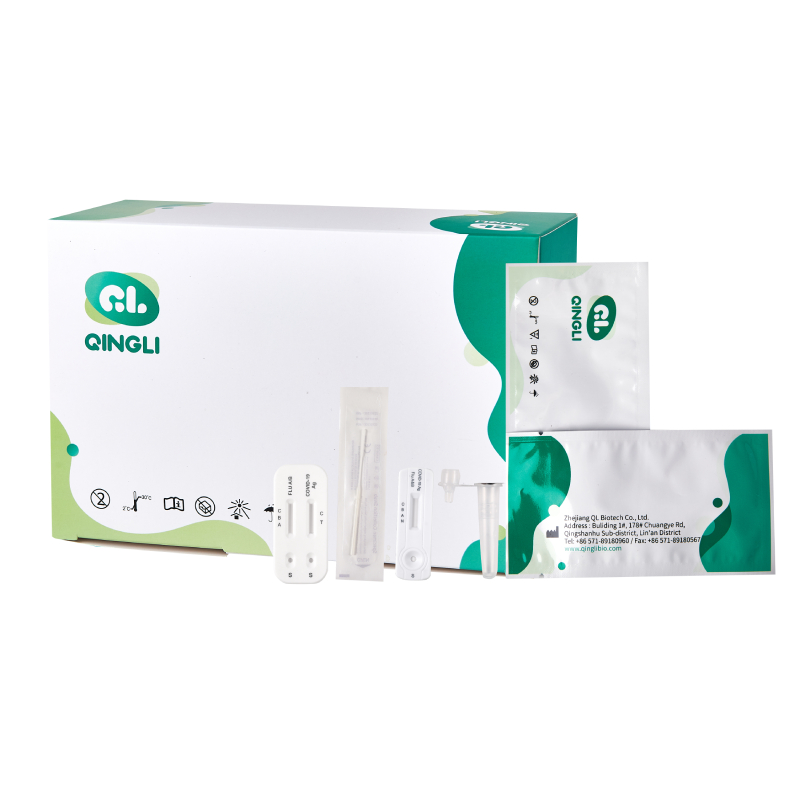Helicobacter pylori antigen test Strip, Determination of HP "fire eye"
Helicobacter pylori (HP) is one of the most infected bacteria in humans, with an infection rate of nearly 60%. HP is classified as a Class A carcinogen by the World Health Organization, and one person infected needs to be screened by the whole family. H.Pylori Test Kit can determine HP's "fire eye" HP produces toxins and toxic enzymes that can destroy the gastric mucosal barrier, it can also cause the body to produce inflammation and immune responses, affect the secretion of stomach acid, and eventually develop into a series of digestive system diseases.
How to detect Helicobacter pylori?
Helicobacter pylori can be detected by invasive (e.g., rapid urease assay, histological examination and H. pylori culture, etc.) and non-invasive (e.g., carbon 13, carbon 14 urea breath test, fecal H. pylori antigen detection, etc.) methods.
Today, let's take a look at a non-invasive, non-invasive and convenient diagnostic method - Helicobacter pylori fecal antigen test.
Helicobacter pylori colonizes on the surface of gastric mucosal epithelial cells in human body, and falls off with the rapid renewal and shedding of gastric mucosal epithelial cells, and is excreted with feces. Therefore, H.Pylori Test Strips can be used to detect fecal antigens to understand whether there is Helicobacter pylori infection.
Domestic and international medical guidelines and consensus unanimously recommend the use of Helicobacter pylori fecal antigen detection method, its accuracy can be comparable to breath test, are more than 90%.
Need to know before testing
1.Helicobacter pylori fecal antigen test is suitable for all populations. Children, pregnant women, the elderly can apply.2.The subject does not need to deliberately do qualitative operations such as "fasting" before the test, and can be inspected with defecation, convenient and fast. Diarrheal stool or over-soaked stool is considered an unqualified specimen and cannot be used for testing, as such specimens can cause false negatives.
3.Read the instruction manual thoroughly before testing. The testing process should be carried out in strict accordance with the instructions.
Results interpretation and clinical significance
Positive: Two red bands appear in the quality control area (C) and detection area (T)
The positive result showed that gastric H.Pylori Antigen was detected in the sample
Negative: No red band appears in the detection area (T)
A negative result indicates that no Helicobacter pylori antigen is detected in the sample, or the amount of gastric helicobacter pylori antigen in the sample is below the limit detected by the kit
Invalid: There is no red strip in the quality control area (C).
Note: The red band in the detection area (T) can show different shades of color. However, within the specified observation time, regardless of the color of the ribbon, even if only a very weak ribbon should be judged as positive.
If the stool test is positive for HP antigen, the subject is infected with HP. This method can be used to screen the population and observe the curative effect after radical treatment of HP.
The advantage of fecal antigen testing is that it is non-radioactive and can be used by children and pregnant women.

How to prevent infection with Helicobacter pylori?
1.Avoid eating in unsanitary places, especially roadside stalls, where tableware may not be properly sterilized.2.Use serving chopsticks during meals, because it is not clear whether the diners at the table are infected with Helicobacter pylori.
3.Wash your hands before eating and after a stool.
4. Eat less spicy and stimulating food, eat less salt, eat light diet, eat more fresh vegetables and fruits.
5.Take more exercise to improve your immunity.
If you often have stomach pain, stomach bloating, stomach discomfort and other symptoms, you should take the initiative to receive H. pylori testing as early as possible. If you test positive for HP at home, Kogu suggested that you should go to the hospital as soon as possible for examination and active treatment to prevent the development of the disease.
- Previous Welcome to Medlab Dubai Expo
- Next No more






